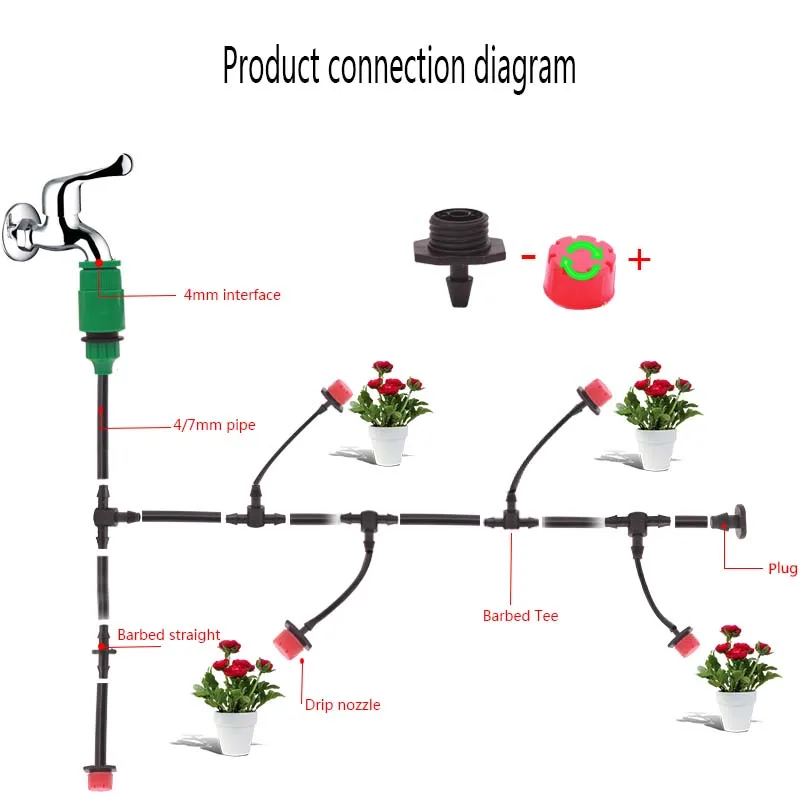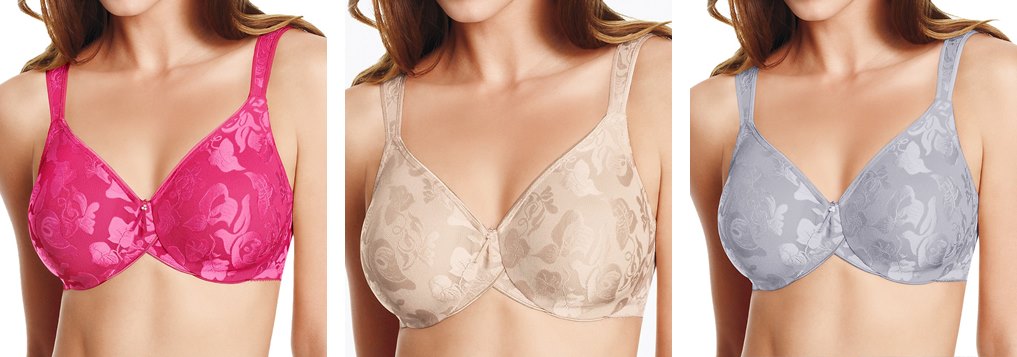model bra size requirement
model bra size requirement
model bra size requirement Sewing is a craft that united states of americas a needle and weave to tie something or connect something . The history of sewing dates back grands of age BC . Sewing has its own basic sewing technique, different from weaving and embroidery . In general, all still use the basic proficiencies of traditional sewing, until the sewing auto came out in 1790, invented by Thomas Saint.
Download
Basic Sewing Techniques
Nowadays , seamsters in the main use stitching machines more oft . The political machine is shared into two, namely traditional and electric . Even so, the basic stitchery proficiencies are still beingness studied because buying a machine commands thomas more capital . Another rationality is that using basic stitchery proficiencies will give you much best solutions and diversity than machines . Here's an explanation for the basic sewing technique:
1 . Skewers
The staple proficiency of stitching a tacking stitch is a technique in which the practice affects from baby to left . This stitch technique is useful for fashioning stitches neater and even out perfect . The basting stitch pattern has 3 purposes, to wit sewing the sides of the fabric, closing the ends of a shape, and devising the cloth wealthy person a wrinkle effect.
As for the basting technique, there are 3 types, that is to say:
Ordinary Skewers : This proficiency is done with inadequate distances, different.
Skewer a certain distance : This technique united states a uniform distance . This type of tacking stitch is useful for temporary stitches.
Skewer Barrier : This proficiency u.s.a.s a single blank . between each stitch . This stitch is made with doubled togs so that when the stitch is ruined, there is a vestige of the last stitch.
2 . Stabbing Traces / Flip
The following basic sewing technique is the imprint cutting technique or another identify for the back up knife thrust stitch . This go after stitch has the same vallecula as a stitching machine . How to make a trail stab stitch pattern is to do the stitches twice from the top stitch . The part of the trail stab is to make ornamental line ornaments that are straight person, round, or other shapes according to the desired intent . Examples of the results are the motives on the sarong in the form of boxes, fashioning accented occupations, writing, and others . Another function is to connect materials with other fabrics and zipper connecters with textiles.
3 . Skewer Flannel
The basic technique of sewing flannel stitches is in the main secondhand as a method acting of sewing the edges of the garment organism overlaid . Basically, flannel stitches are used on materials that wealthy person an expensive merchandising measure . The flannel stitch proficiency has 3 americas, videlicet as decoration, basic stitches, and shadower embroidery with tight spacing that can follow the motive.
How to apply a flannel stitch is to do a tacking stitch on a fabric that has been stitched 3-4cm with a 0.75cm step rearward . Insert the needle to the right and back once more 0.5 cm . Thread back over the first sew together and proceed until you're done.
4 . Skewer Feston
Feston has a purpose to finishing the lint on the seam . An example is the grummet on the sleeves in baby dress . In addition, the Feston stitch figure too serves as a decoration . Especially if the combination of basic and ornamental thread colours has a good concord . The form of decoration that can be made with a festival pattern is a flower-ilk pattern.
5 . Prick the Wrap
The bandage run up pattern is useful for stitching damaged lint on hair curler clamps . Another part is as a finishing technique on the edge of the seam . How to sew with the basic technique of balut run up is left to right hand and vice versa at a slight angle.
6 . Skewer / Stem
Especially utilitarian as a decoration on a material . The results that can be obtained from spliffs are in accordance with the resultant roles, to wit the form of the stem turn . It is possible to make other creations with stick sticks, but in general they are made to get sticks.
How to utilize the stick run up pattern is to sew back 1/2 cm and attach 5-6 togs to the textile . After that the needle is pulled out and produces a husk stitch . This pattern is perennial until the coveted resultant role is obtained . If you want to get a larger size, the stitch distance is made tighter and the fabric is larger.
7 . Chain Stitch
As the name connotes, the basic proficiency of sewing a chain stitch has a pattern that forms a chain . This convention is utilitarian for fashioning decorations on materials in the form of irons, for example, tree branches and tree ramifies.
How to realize a chain run up is to take a tread forrard in stitchery . First, stick the needle from the bottom to the top of the fabric . After that the needle volition be inserted back into the hole out where the needle formed a lap due to the previous puncture . Pull the needle and repeat the approach pattern until the in demand approach pattern is formed.8 . Cross Skewer
The cross stitch approach pattern is secondhand as a ornamentation on the material . How to work a bilk sew together traffic pattern is to sew from the top right wing to the bottom left, after that the direction is made to the bottom right . The moment stab will start at the bottomland right and so work towards the top left . Make certain that the stitches are aligned at the top and bottomland so that they form a keen cross sew together . Repeat until you get the desired result.
9 . Skewer Piquar
The piquar stitch is a basic sewing proficiency that is useful for attaching furred materials . Generally secondhand on fur pelages, jackets, or suit of clothes . Another office of piquare stitch is as a ribbon on other wearing apparel.
10 . Skewer Som
The som stitch blueprint is used to sew and lock the congregations in the textile . Fabrics that have been locked with a som stitch pattern cannot be opened over again easily . How to use the som technique is to stick the wind into the folded textile . Pull the wind and then knife thrust it back next to the stitch with a tight distance . Repeat until you let finished sewing the turn ups.
11 . Flatback
The basic proficiency of sewing a flat stitch is from left to right . This practice is made by release up and depressed in a straight person line and in layers covering the entire surface of the decoration . This technique is in the main used to make ornamentations in the form of foliages or blossom crowns, and dolly noses.
12 . Open Chain Stitch
Is one word form of ornamental stitch that varies . This sew is basically a chain sew together with its own variances . This pattern is in the main made into ornament on dames because it forms an open mouth.
13 . Skewers
Similar to the bowl stitch type . The difference is in the function . The bars function to beautify the come out, spell the roll up stitch proficiency is useful for connecting two fabrics together . Examples of grates are the forge of the eyes, nose, oral fissure, and flower crowns.
14 . Skewer Roll
The basic proficiency of stitching a roster stitch, as the name indicates, this pattern forms a circle when applied . This technique is used to connect the material so that the terminals of the fabric do not pile up.
15 . Bullion Stab
The Bullion stitch proficiency is not a basic sewing technique . Bullion is an advanced technique seldom used by tailor-makes . The bullion stitch model creates tiny string of beads to organise bantam blossoms and more.
16 . Skewer Roumani / Rumani
The roumani proficiency is the saame as the bullion stitch . This proficiency has an advanced level and is not usually used . The Roumani stitch design is utilitarian for forming decorations with inside information, for exercise, yearn leaves and flushes.
17 . Satin Skewer
The satin stitch pattern is secondhand to shuffle leaf-molded ornamentations in general . In addition to leaves, satin stitch proficiency can also be used to descriptor various ornaments as coveted.
18 . Flat Skewer
The flat stitch figure is secondhand as a embellishment in the stitch . In general, to fill up in the empty w. c. fields in the framework that has been created.
19 . Straight Skewer
The basic technique of stitching a heterosexual person stitch has the same practice as the identify connotes, which is heterosexual . This technique is secondhand to form blossoms and gunter grass with straight person stitches.
20 . Skewer Flowers
The basic technique of stitching flower stitch has a very singular pattern . Patterns of bloom stitches vary wide with the resultant roles forming the framework of a blossom . How to do a different bloom stitch according to the desired flower.
21 . Skewer Veston
The daar proficiency of stitching the vetson stitch is secondhand on tablecloths, blankets, cloth edges, clothing edges, and so on . Including easy and can be done as didactics to children . The sewing instruction can be done from leftfield to compensate or vice versa . Start sewing by knifelike from the interior of the textile at a status 1 cm from the end of the cloth, after that commit it out . Put it back in the fabric near the number one hole out and pull it softly . After that there will be a circulate of thread, put the thread in the circulate and and so pull it . Repeat until ruined stitchery.
Download




Posting Komentar untuk "model bra size requirement"